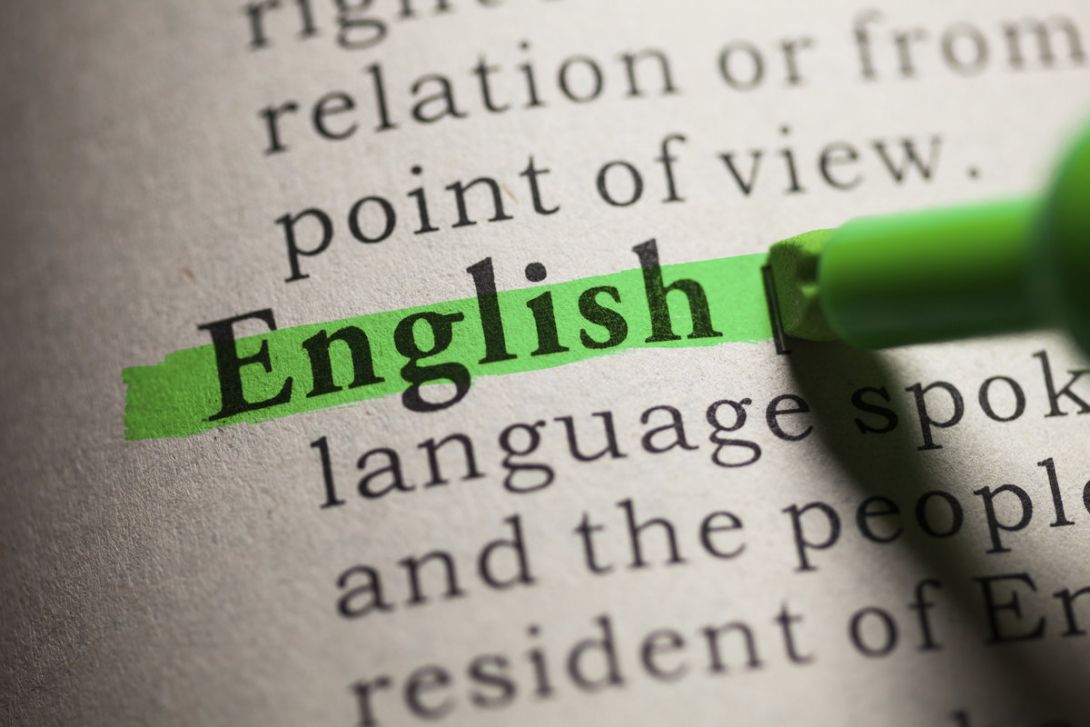Scoring High on IGCSE English Literature

The International General Certificate of Secondary Education (IGCSE) English Literature examination assesses students' understanding and analysis of literature. Scoring high on this exam requires a combination of effective reading, analytical, and writing skills. In this guide, we will provide you with strategies and tips to help you excel in IGCSE English Literature.
1. Understand the Exam Format
Familiarize yourself with the IGCSE English Literature exam format. The exam typically consists of two papers:
- Paper 1:
Poetry and Prose
- This paper includes questions related to poetry and prose texts that you have studied.
- You may need to analyze the texts, discuss literary devices, and compare different texts.
- There are both short and long questions.
- Paper 2:
Drama and Unseen Poetry
- This paper includes questions related to the drama text you have studied and an unseen poem.
- You'll need to analyze the drama text, discuss characters and themes, and answer questions about the unseen poem.
2. Read Actively
Develop your reading skills by actively engaging with the texts you study. Here's how:
- Annotate:
Take notes, underline key passages, and jot down your initial thoughts and questions while reading.
- Summarize:
After each section or chapter, write a brief summary to ensure you understand the plot and key events.
- Character Analysis:
Pay attention to character development, motivations, and relationships.
- Themes and Symbols:
Identify recurring themes, symbols, and motifs within the text.
3. Study Literary Devices
Be familiar with common literary devices and techniques used in literature, such as:
- Imagery:
Analyze how authors use vivid descriptions to create mental images.
- Metaphor and Simile:
Identify comparisons that enhance meaning.
- Foreshadowing:
Look for hints or clues about future events.
- Irony:
Recognize instances of situational, dramatic, or verbal irony.
4. Practice Essay Writing
Effective essay writing is crucial for success in IGCSE English Literature. Practice the following:
- Planning:
Before writing, outline your essay to organize your thoughts and arguments.
- Thesis Statement:
Craft a clear and concise thesis statement that presents your main argument.
- Quotations:
Include relevant quotations from the text to support your points.
- Analysis:
Explain the significance of the quotes and how they relate to your argument.
- Structure:
Ensure your essay has a clear introduction, body paragraphs, and conclusion.
- Evidence:
Use specific examples from the text to back up your analysis.
- Proofreading:
Carefully proofread your essays for grammar, punctuation, and spelling errors.
5. Study Past Papers
Access past IGCSE English Literature papers and mark schemes to practice with real exam questions. This will help you become familiar with the types of questions and the expectations of examiners.
6. Time Management
During the exam, manage your time effectively:
- Allocate Time:
Divide your time according to the marks assigned to each question.
- Read Questions Carefully:
Ensure you understand what each question is asking before you start answering.
- Prioritize:
Start with the questions you feel most confident about.
- Leave Time for Review:
If possible, review your answers for errors or areas to improve.
7. Focus on Unseen Poetry
The "unseen" aspect of the exam can be challenging. Practice analyzing poems you've never seen before to hone your skills in interpreting and discussing unfamiliar texts.
8. Seek Feedback
Ask your teacher for feedback on your essays and practice papers. They can provide valuable insights and guidance for improvement.
9. Practice Time Management
Simulate exam conditions during your practice sessions to get comfortable with the time constraints. Practice answering questions within the allocated time.
10. Stay Calm and Confident
On the day of the exam, stay calm and confident in your abilities. Trust in your preparation and take deep breaths if you feel anxious.
Conclusion
Scoring high on the IGCSE English Literature exam is achievable with dedicated preparation and effective study strategies. By reading actively, practicing essay writing, and familiarizing yourself with the exam format, you can demonstrate your analytical and literary skills with confidence. Remember that consistent practice and engagement with literature are key to success in this subject.




